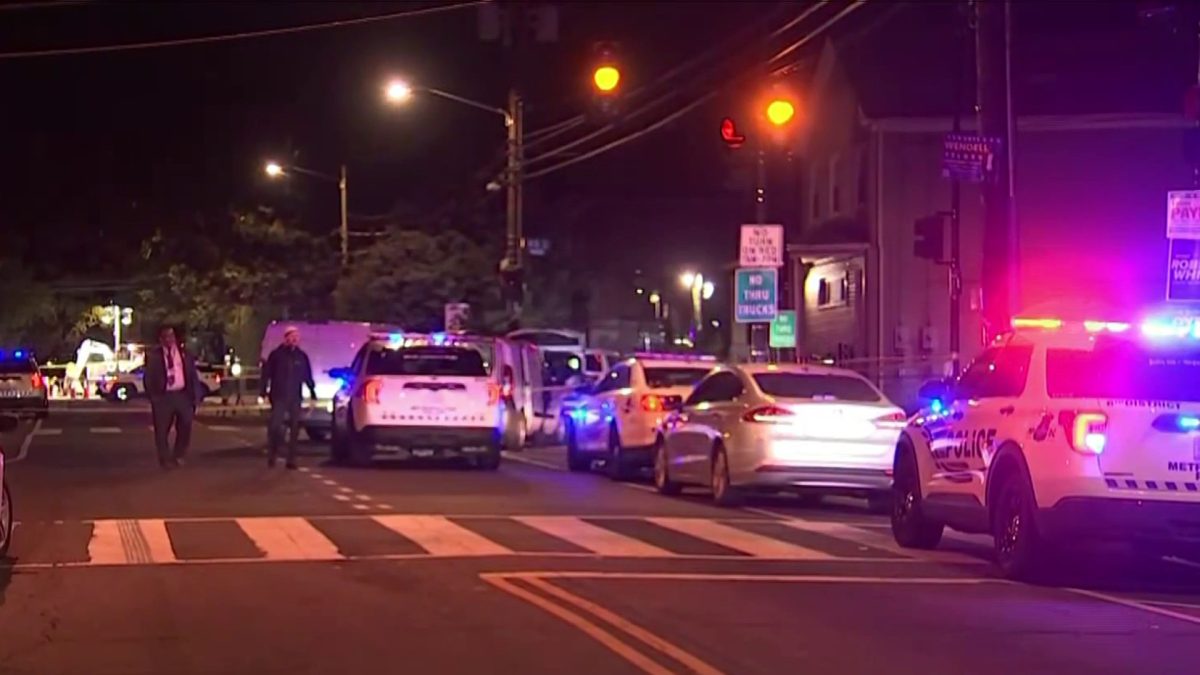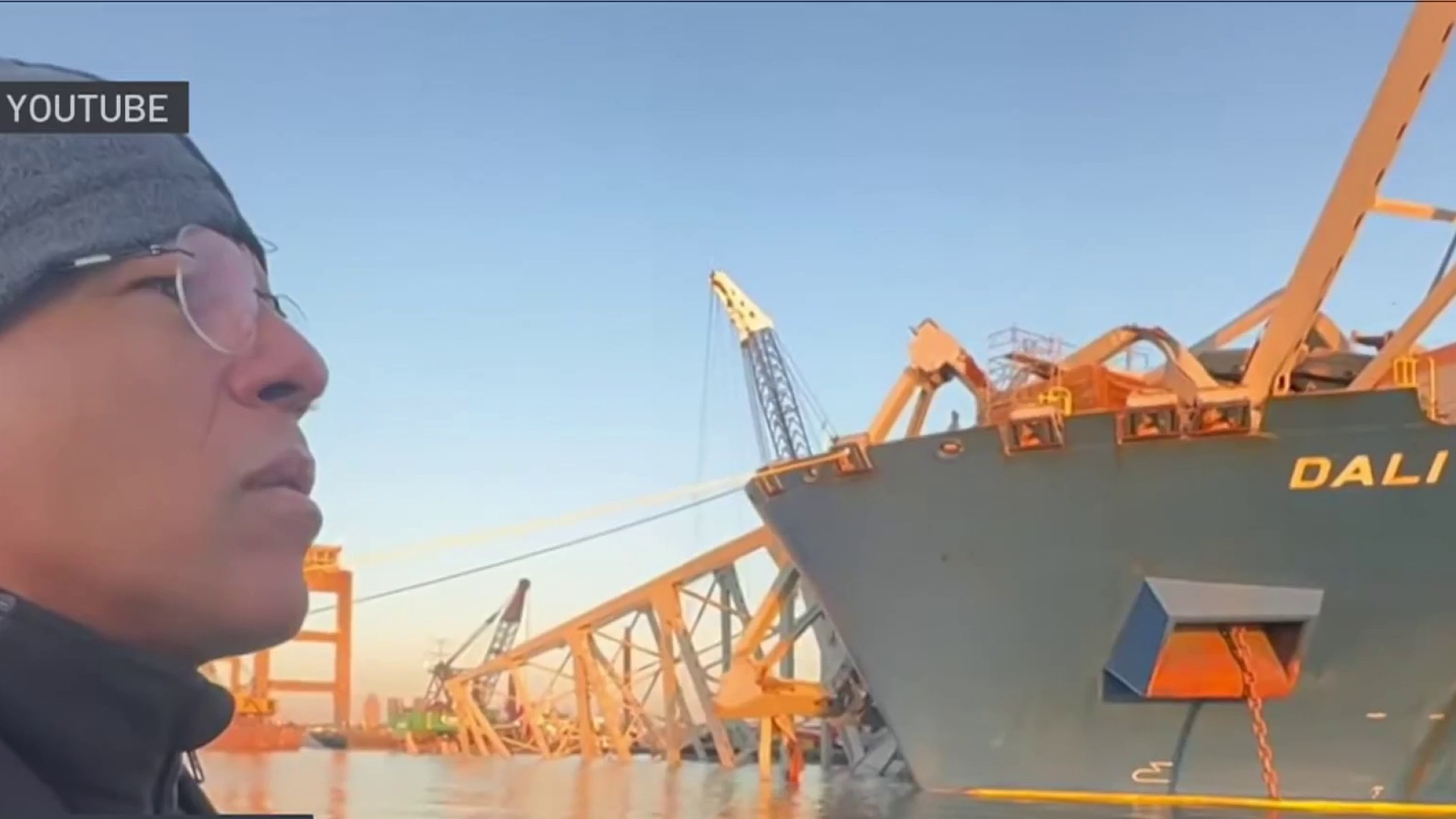Harry Jaffe, a longtime chronicler of the people and politics of Washington, D.C., writes an opinion column for NBC Washington's First Read DMV blog.
As they say in rigged games of chance, the fix is in.
On Tuesday's scheduled vote to extend the District’s lottery contract and give the same firm the rights to run D.C.’s brand-new sports betting enterprise, the D.C. Council was about to take the fall.
Rollover. Knuckle under. Pick a gambling cliché for a rotten deal. Every one applies.
Chairman Phil Mendelson was set to introduce emergency legislation Tuesday that would have allowed the D.C. Lottery to override procurement regulations and bestow a lucrative contract extension to Intralot, the Greek-based firm that has run the lottery for the past decade. Intralot also would get the contract to run the District’s new sports betting system.
Mendelson pulled the emergency bill at the last minute, presumably because he failed to muster the required nine votes. He suggested a hearing, but the proposition at hand stands: No competition necessary. It is the definition of a sole-source contract.
"It’s not sole-sourcing," Mendelson objected on Monday. The chairman has led the council’s efforts to reform the District’s procurement system and root out single-sourced deals. "We are voting to extend the contract."
Local
Washington, D.C., Maryland and Virginia local news, events and information
No, it’s sole sourcing, as in choosing one company without bothering to allow competition. Mendelson’s emergency legislation would accomplish in one vote what he has derided as unfair contracting for years.
"It's creating a monopoly, rather than opportunity," said David Grosso, an at-large council member who voted against the sports wagering bill that passed last December. "It’s a complete disregard of all our attempts to reform our contracting."
Added Grosso, who sees sports betting as a regressive tax on the poor: "Why rush to create more opportunities for people to gamble in our city?"
Let me count the ways -- none of them good.
First, the council and Chief Financial Officer Jeff DeWitt might want to avoid the last lottery contract debacle.
Ten years ago, in a bruising competition, the District chose Intralot to manage its lottery with a politically wired local partner, Emmanuel Bailey. That process was rife with charges of corruption. It triggered a grand jury investigation and cost D.C. $3.5 million to settle a case by a whistleblower who said city officials had steered the $228 million contract.
By using a slight of hand to stick with Intralot, the District believes it can sidestep the messiness of competition.
Second, DeWitt and Beth Bresnahan, executive director of the Office of Lottery and Charitable Games, tried to bamboozle the council in a letter that carried the veiled threats of a fire sale of recently fenced property.
"The costs of delay are significant," Bresnahan warned. DeWitt’s analysts estimate D.C. could lose $60.9 million in sports wagering revenues from 2019 to 2022. Bresnahan, sounding a bit like a pushy stock trader, adds: "This revenue may never be recovered."
Bresnahan wants to convince the council that if it fails to immediately wire the contract to Intralot, the District might not get the drop on Maryland and Virginia, both of whom she insinuates are angling to set up sports betting operations. In fact, neither of the states bordering D.C. is close to passing legislation to allow betting on sports.
The dire warnings of delay are based on Bresnahan’s estimate that issuing "a competitive Request for Proposals for this contract is estimated to take up to three years." Even Chairman Mendelson says that’s a bit breathless.
"Maybe a year," the chairman says.
To convince the council, the D.C. Lottery retained Spectrum Gaming Group, "an internationally recognized independent consulting firm." If D.C. fails to get in the game before Maryland and Virginia, it could lose approximately $165 million "in reduced economic activity relating to sports wagering over a 10-year period," the group says.
According to Spectrum’s web site, Intralot is a client, a fact Bresnahan fails to mention.
So what’s really at stake here?
The council is making its own wager. If it contravenes its own reforms against wiring fat contracts, it’s betting the city will reap the rewards of capturing revenue from commuters who will get hooked first on betting on sports in the District.
"By getting into the game early," says at-large council member Elissa Silverman, "we want to create a habit for commuters to bet in the District while we are the only game in town."
At the poker table, this is called "betting on the come."
Silverman allows that she’s still figuring out how to vote on Mendelson’s bill. Her interest, she says, is getting the best deal for District residents, now that she’s made peace with the fact that "gambling on sports is a part of life."
But it’s hard to argue that District residents wouldn't benefit from a more complete vetting of this particular contract. In the long run, forcing Intralot to compete for D.C.’s business would most likely result in a better deal for the city in revenue, service and accountability.
Given the unknown aspects of legalized sports betting, there’s even more reason to air out the contract in public. It was less than eight months ago when the U.S. Supreme Court struck down federal bans on sports wagering. A whole new industry will emerge, with rules and regulations about how and where to wager. The system will require brand-new betting machines and mobile apps for wagering on the go via smartphones.
If the District wants to be first out of the gate to offer wagering on sports, it also needs to be the first to ensure the integrity of a system that’s certain to be prone to ripoffs.
Unless, of course, the fix really is in, and the council is wagering no one will notice.
Harry Jaffe, a longtime chronicler of the people and politics of Washington, D.C., writes an opinion column for NBC Washington's First Read DMV blog.



